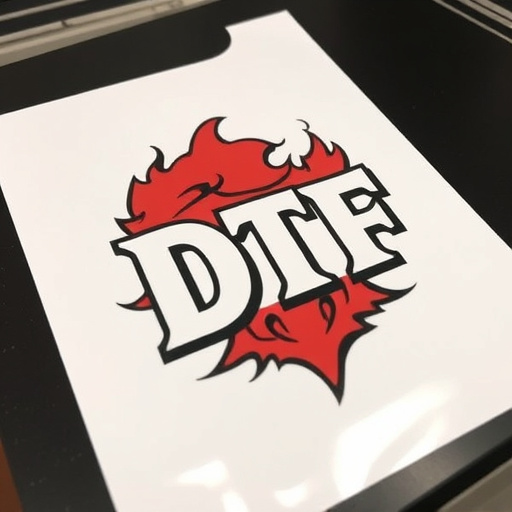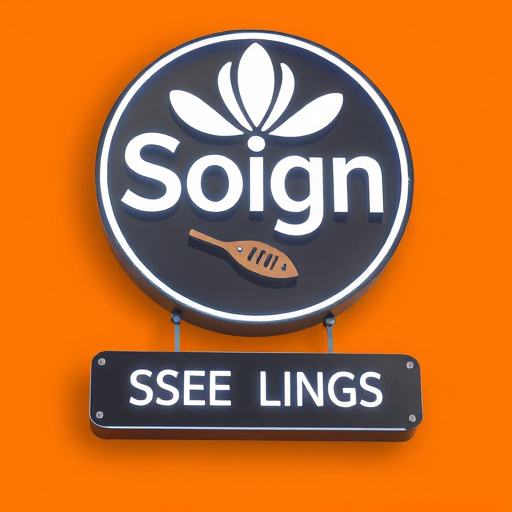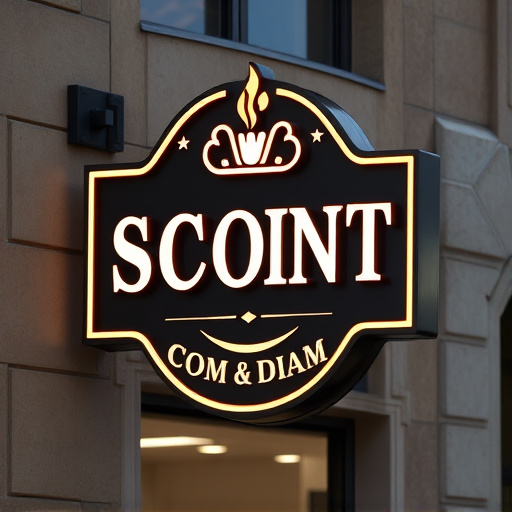In a competitive market, customer satisfaction is crucial for building strong client relationships. Businesses that understand and prioritize customer needs through observation, analysis, and feedback gain an advantage. Tailored products and services that meet or exceed expectations foster trust and loyalty. In industries like automotive, value-added services like window tinting protect vehicles and set businesses apart. Strategies to build a culture of high customer satisfaction include exceeding expectations, offering specialized services, differentiating from competitors, training staff, implementing technology, and measuring satisfaction through feedback and loyalty programs.
In today’s competitive market, customer satisfaction is more vital than ever. It’s not just about meeting expectations; it’s about exceeding them, fostering loyalty, and building trust. This article explores key strategies for understanding and anticipating customer needs, implementing exceptional service practices, and measuring long-term loyalty. By delving into these areas, businesses can revolutionize their approach to customer satisfaction, driving sustainable growth and competitive advantage.
- Understanding Customer Needs and Expectations
- Implementing Strategies for Exceptional Service
- Measuring and Nurturing Long-Term Loyalty
Understanding Customer Needs and Expectations

In today’s competitive market, understanding customer needs and expectations is paramount to achieving exceptional customer satisfaction. Businesses that prioritize this aspect gain a significant advantage as it forms the foundation for building lasting relationships with their clients. By closely observing and analyzing customer behaviors, preferences, and feedback, companies can tailor their products and services to meet or even exceed these expectations. This proactive approach ensures that every interaction leaves a positive impression, fostering trust and loyalty among consumers.
When it comes to specific industries like automotive, addressing customer satisfaction is even more crucial. Consider the use of protective films such as window tinting and paint protection film as additional value-added services. These not only enhance vehicle aesthetics but also contribute to customer satisfaction by safeguarding their investments against scratches, stains, and UV damage. Understanding that customers appreciate these thoughtful touches can drive business growth and differentiate a company from its competitors, ultimately reinforcing long-term loyalty.
Implementing Strategies for Exceptional Service

To foster a culture of customer satisfaction that builds loyalty and trust fast, businesses must implement strategies for exceptional service. This starts with recognizing every interaction as an opportunity to exceed expectations. For instance, offering premium automotive services that include paint correction and protective coatings not only enhances the customer’s vehicle aesthetics but also communicates a deep understanding of their needs. By providing these specialized services, businesses differentiate themselves from competitors and demonstrate a commitment to quality.
Additionally, training staff extensively on customer service best practices is paramount. Employees should be equipped with the knowledge and skills to address concerns promptly and efficiently. Regular feedback mechanisms should be in place to ensure that every touchpoint—from initial consultation to post-service follow-up—is consistent with the high standards set by the company. Integrating technology, such as online booking systems or personalized service reminders, can streamline processes and further elevate the customer experience.
Measuring and Nurturing Long-Term Loyalty

Measuring customer satisfaction is a crucial step in fostering long-term loyalty and trust. By collecting and analyzing feedback from customers, businesses can identify areas for improvement and ensure that their offerings meet or exceed expectations. This process involves more than just checking off a box; it requires active engagement with clients to understand their unique needs and preferences. One way to achieve this is through post-service surveys, which allow satisfied customers to share their positive experiences while also providing insights for refining operations. Moreover, offering various feedback channels like phone calls, emails, or in-app ratings makes the process more accessible, encouraging open dialogue.
Nurturing loyalty goes beyond initial satisfaction; it’s about creating a lasting connection. For businesses specializing in services like vinyl wraps, window tinting, or paint protection film, follow-up interactions can significantly impact customer retention. Regular communication through newsletters, promotional offers, and personalized updates keeps the brand top of mind. Additionally, implementing loyalty programs with rewards and incentives for repeat business can enhance the sense of belonging and encourage continued patronage. Through these strategies, businesses can build a dedicated customer base that not only trusts their services but actively advocates for them.
By understanding customer needs, implementing exceptional service strategies, and nurturing long-term loyalty, businesses can foster strong relationships built on trust. Customer satisfaction is not just a goal, but a powerful driver of sustained success, creating a loyal customer base that becomes an advocate for the brand. Through focused efforts to meet and exceed expectations, companies can thrive in a competitive market.














